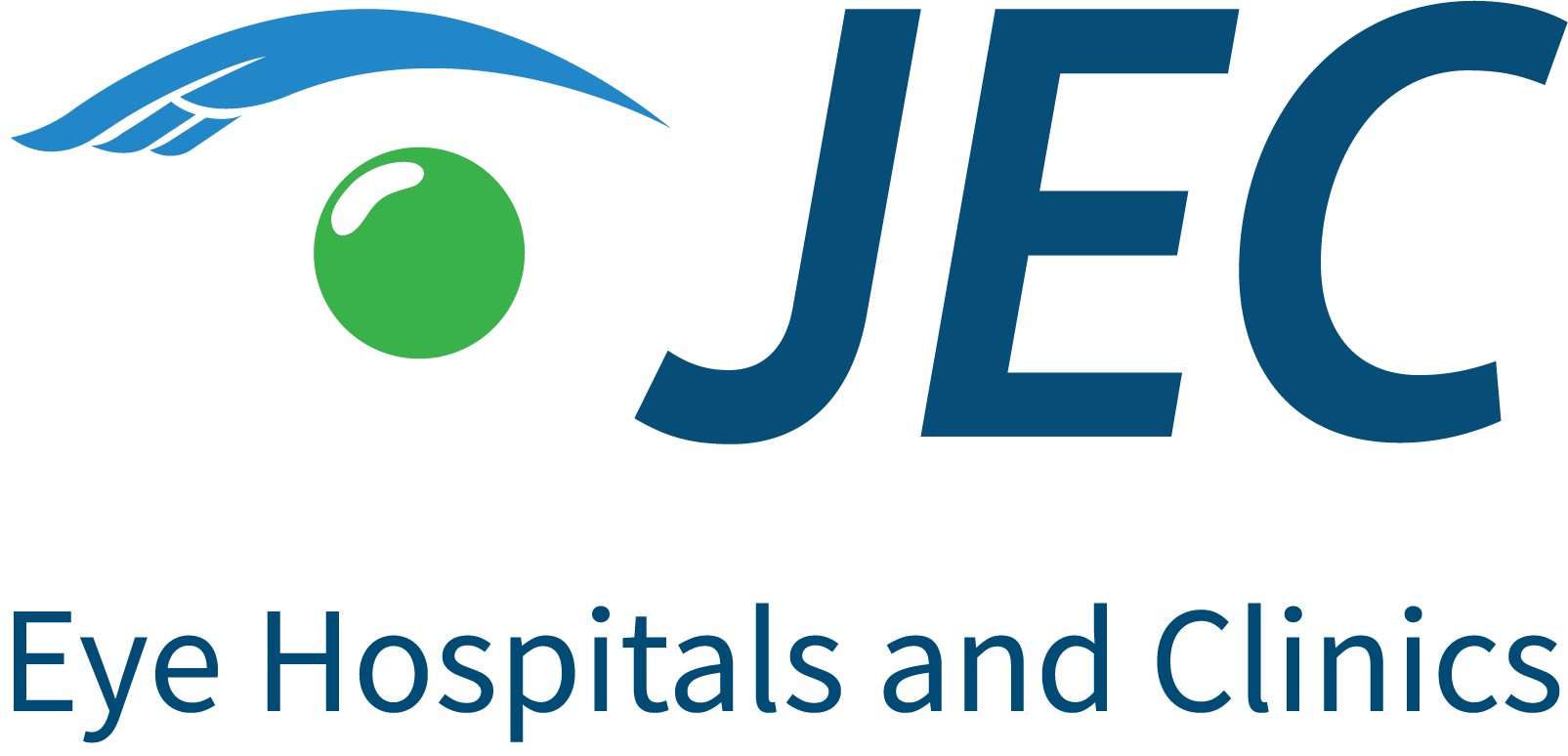Our Services
46,640 views
Neuro-Ophthalmology
Neuro-ophthalmology is a vision problem related to the nervous system of the eye. Visual disturbances can be caused by disorders of the optic nerve, central nervous system (brain and spine), eye movement and pupillary abnormalities.
The optic nerve connects the eye to the brain. The optic nerve is like an electrical cable that carries visual information from the eye to the brain for processing. Disorders of the optic nerve include:
- Eye movement disorders
- Inadequate blood supply (Ischemia)
- Inflammation
- Injury/trauma
- Increased pressure in the brain
- Increased pressure in the eye (Glaucoma)
- Compression
The causes of visual disturbances depend on the type:
- Compression can be caused by a tumor
- Inadequate blood supply can be caused by Hypertension, Diabetes, Hyperlipidemia or smoking
- Inflammation is often associated with diseases that affect other parts of the body, such as connective tissue disease and multiple sclerosis
Symptoms of Sight Disorders depend on the type:
- Compression caused by tumor — Gradually loss of vision without pain
- Eye movement disorders — Double vision, blurred vision, unstable vision, dizziness, gait, and weakness
- Inadequate blood supply (Ischemia) to the optic nerve — Rapid loss of vision that is usually painless
- Inflammation
- Injury/trauma
- Increased pressure in the brain — Headache with nausea or vomiting, temporary loss of vision, or nerve disturbances in other parts of your body (weakness or loss of balance)
The most common symptoms of the Nervous Vision disorder include loss of vision, or visual disturbances, double vision, unequal pupils, and convulsions of the eyelids and face.



 INA
INA
-c718f17cf6.jpg)
-97705a95fd.jpg)
-999bda026b.jpg)


